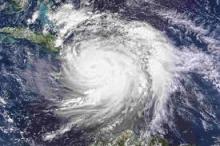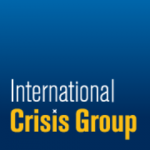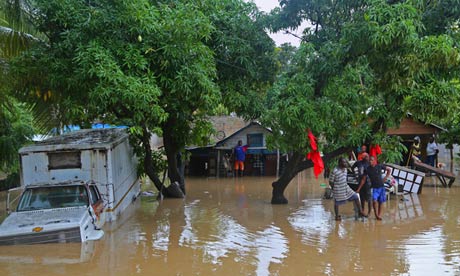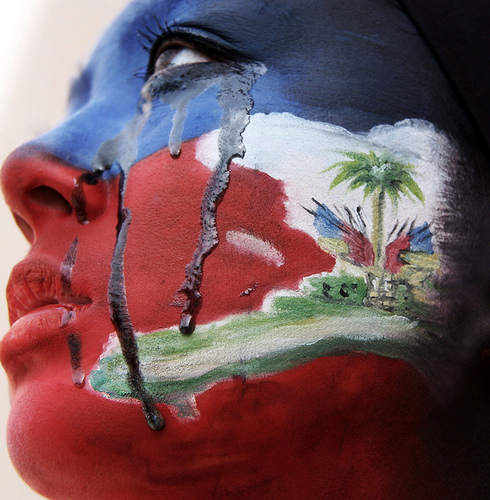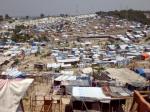The Aftermath of Hurricane Matthew
After several days, the destructive aftermath of Hurricane Matthew is clearer. Haitians say the heart can't feel what the eyes don't see - so look at these photos from Al Jazeera and the Miami Herald as well as aerial footage by the United Nations. There is concern that the flooding could cause an upsurge in cholera cases. Given the scale of destruction, Haiti's elections have been postponed and a new date has not been determined. The humanitarian needs are real - but so too is the need to better plan for and respond to future hurricanes. Elections are rescheduled for November 20th.
